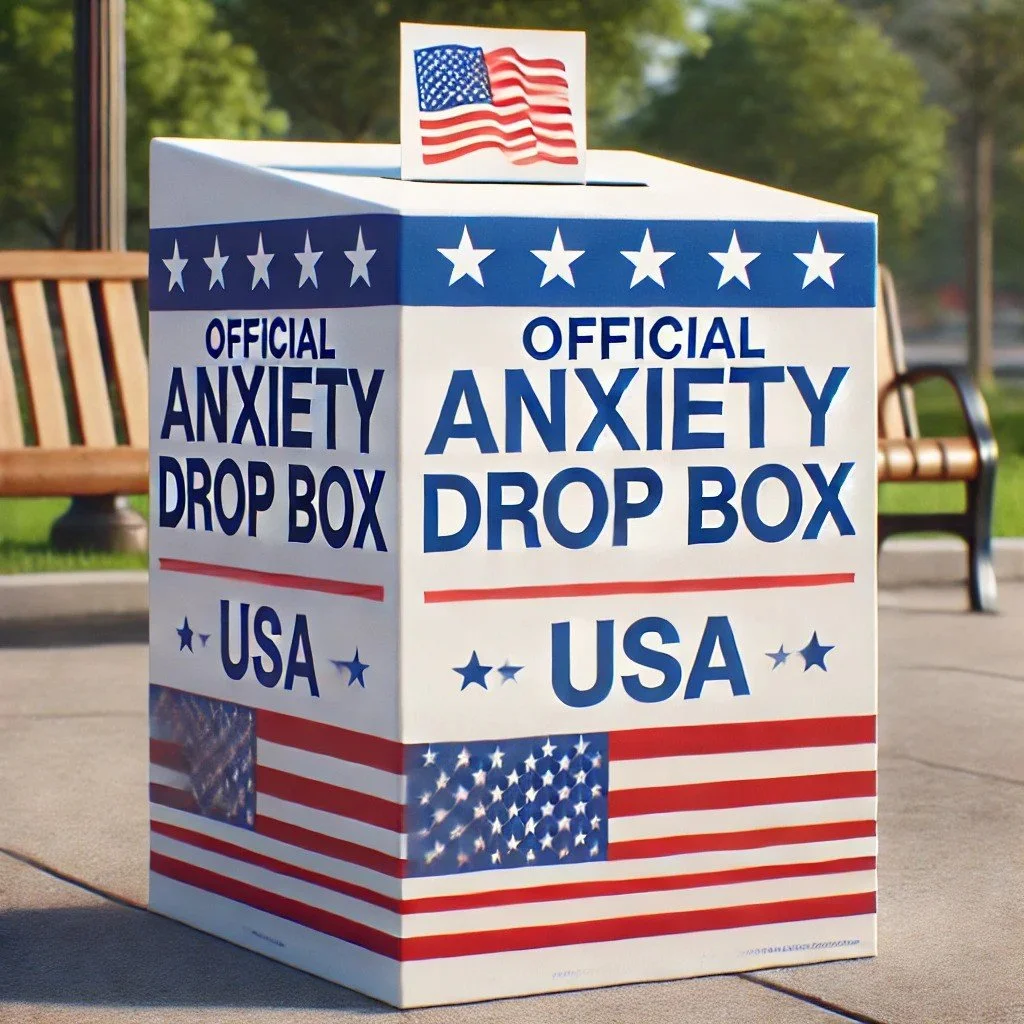How Long Will Therapy Take? Understanding Your Goals and Progress
Many people want to know how long therapy will take, and it's a fair question. When embarking on any journey, particularly one that will be emotional, we want to know what we're getting into.
Setting Clear Goals for Therapy
The answer to this question depends entirely on your reasons for seeking therapy. We often ask new clients, "How will we know when we're done?" as a way to understand exactly what someone wants from therapy. Some people seek therapy in an ongoing way to structure in reflection and support over the course of decades. But most therapy-seekers do not want to be in therapy forever and have specific goals in mind. These goals may be to reduce anxiety, improve relationships, recover from trauma, or get through a difficult time. These things can feel impossible when we're in the thick of it. But a good therapist knows recovery is possible and how to help you get there.
Measuring Progress In Therapy Along the Way
Having goals in mind is where the conversation about how long therapy will take should start. Your answer might be "When I feel connected to my partner again." Or, "when I can fly without having a panic attack," or "When I'm not haunted by thoughts of what happened." These are great goals and clear indicators that therapy is working.
Many goals may take time, and you may feel frustrated you don't feel better immediately. When we're suffering, any amount of time enduring is too long. It's important to give your therapist feedback about how progress is going if they don't ask. Remember that your goals and healing will take some time, and they may not happen linearly. But again, a good therapist isn't interested in keeping you in therapy forever. We want you to heal and go on to live a happier, more connected, and meaningful life.
Factors Affecting the Duration of Therapy
Several factors can influence the duration of therapy. These include the severity and duration of the issue, your response to therapy, and your support systems. If you're dealing with complex trauma, the healing process may take longer. Most of all, your commitment and engagement in the process most impacts the speed of progress.
Considering Teletherapy In California or Florida
Teletherapy, also called online therapy, has become increasingly popular in recent year. For people seeking counseling and mental health support, online therapy, also known as teletherapy or telecounseling, offers the convenience of accessing therapy from your own home. All you need is privacy and internet access. Teletherapy has proven to be effective in treating various mental health concerns. It's become particularly popular since the COVID-19 pandemic. COVID led to an increased demand for virtual mental health services, and people realized they really do work. We already knew that, but it's great that more people believe it too now.
Online Therapy for Trauma
For people dealing with trauma, seeking therapy can be an essential step towards healing and recovery. Trauma-focused therapy can help individuals process and cope with traumatic memories. Good therapy can reduce the emotional and physiological impact of trauma. It can also help you develop healthy coping strategies.
Online Counseling For The LGBT Community
Members of the LGBT community may encounter unique challenges and experiences. Queer people clearly benefit from specialized therapeutic support. Finding a therapist who is LGBT-affirming can foster a safe and productive environment. We're proud to be part of the community and we're here to help our community with personal issues and promoting overall well-being.
Addressing Anxiety through Online Counseling
Anxiety is a common mental health concern that affects millions of people worldwide. Whether it's generalized anxiety, social anxiety, panic, or specific phobias, counseling for anxiety can be a life-changing experience. Online counseling provides a flexible and accessible way to address anxiety concerns. We offer a range of evidence-based approaches that can help people manage their symptoms effectively. The goal is to improve your ability to cope while decreasing the need to do so.
Determining the Duration of Online Therapy
As with traditional in-person therapy, the duration of online therapy will vary from person to person. It depends on the individual's unique circumstances, goals, and progress. While some individuals may experience improvements in a few sessions, others may need extended treatment. Some deep-rooted issues take time to treat. But that makes the recovery that much more miraculous. A collaborative approach between the therapist and the individual is crucial. Together you'll create the most appropriate treatment plan and adjust it as needed.
Flexibility and Convenience of Teletherapy
One advantage of online therapy is the increased flexibility it offers. It can be particularly beneficial for individuals with busy schedules. It's also helpful for those living in remote areas with limited access to in-person services. And of course, teletherapy makes therapy accessible those who may have physical limitations. Online therapy opens up possibilities for connecting with therapists across state lines. We're proud to serve all of California and Florida.
Take the First Step: Contact for a Free Teletherapy Consultation
If you're ready to explore therapy for the first time – or the tenth – contact us to set up a free consultation. Our team of experienced therapists is here to support you on your journey. Whether you're dealing with trauma, anxiety, or relationship issues, we're committed to providing personalized and effective online therapy. Healing is possible, and together, we can work towards a happier, more fulfilling life.















